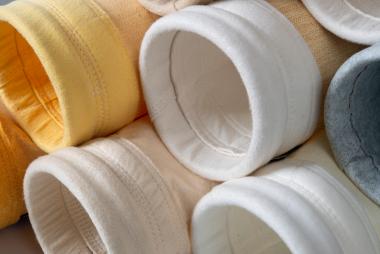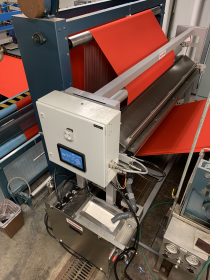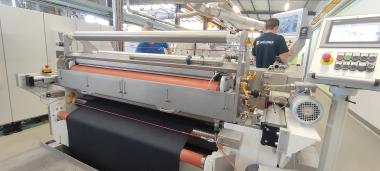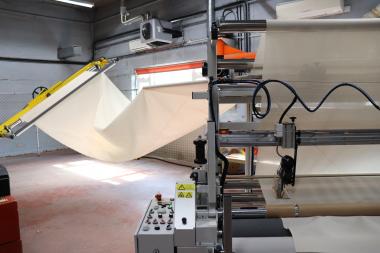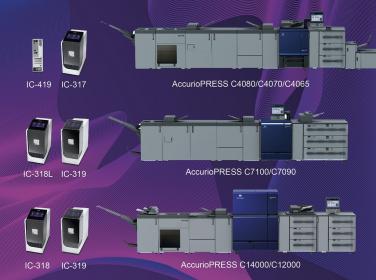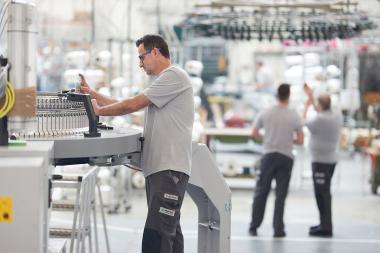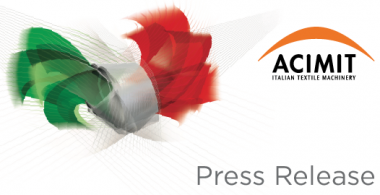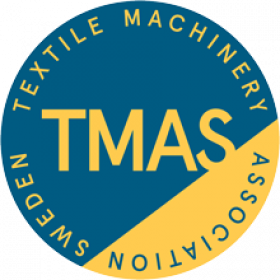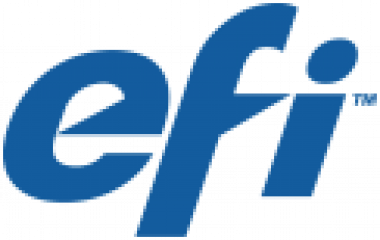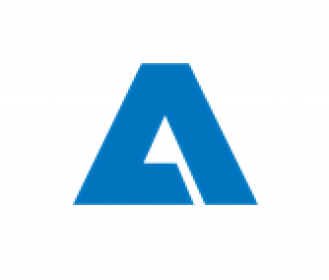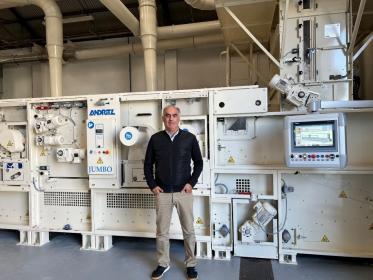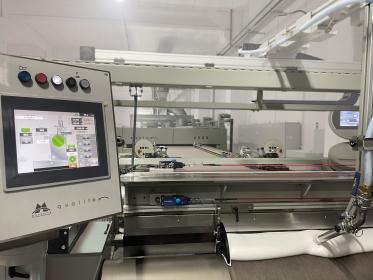Swedish textile machinery in Brazil at Febratex
A delegation from TMAS, the Swedish textile machinery association, will participate in the forthcoming Febratex textile show which is being held in the German Village Park in Blumenau, in Santa Catarina, Brazil from August 23-26.
As the fourth largest textiles manufacturer in the world, Brazil’s annual revenues from textiles and apparel amount to an annual $48 billion and the industry employs around 1.5 million people directly.
As with the USA and many European countries, product shortages resulting directly from the Covid-19 pandemic, and subsequent supply chain difficulties, have emphasised to Brazil’s industry the attractiveness of more diversified and shorter supply chains which are closer to customers wherever possible. In the past two years, there has been less reliance on imports from Asia to Brazil, and opportunities are arising again for local manufacturing.
Svegea of Sweden has supplied many automatic collarette cutters to Brazilian companies, which are used by garment manufacturers around the world for the production of tubular apparel components such as cuff and neck tapes and other seam reinforcements.
Svegea supplies many other bespoke machines for applications in the production of both garment components and technical textiles, including rewinding, measuring, inspection and band knife machines.
Eton Systems, the inventor and world’s leading provider of automated production systems for apparel and other textile-based processes, has supplied a large amount of workstations to Brazilian companies over the years, and believes its newly-launched Opta system is good news for this market becoming more efficient and profitable.
Automation is also high on the agenda of ACG Kinna Automatic, which specialises in automation solutions for filled products such as quilts, pillows and mattresses and also has extensive knowledge in areas such as bed linen and textile filters.
Given Brazil’s extensive forestry sector, the country is a key market for Texo AB, one of the world’s leading manufacturers of weaving machines for the production of paper machine clothing (PMC).
All paper manufacturing machines require a regular supply of PMC, which as large continuous engineered fabrics, carry the paper stock through each stage of the paper production process. With technologically sophisticated designs, they employ fibres and other polymeric materials in complex structures and each paper machine has an average of ten separate fabrics installed on it. Although the PMC business represents just a small proportion of the total cost of manufacturing paper, it can have a significant impact on the quality of the paper, the efficiency of a machine and machine production rates.






